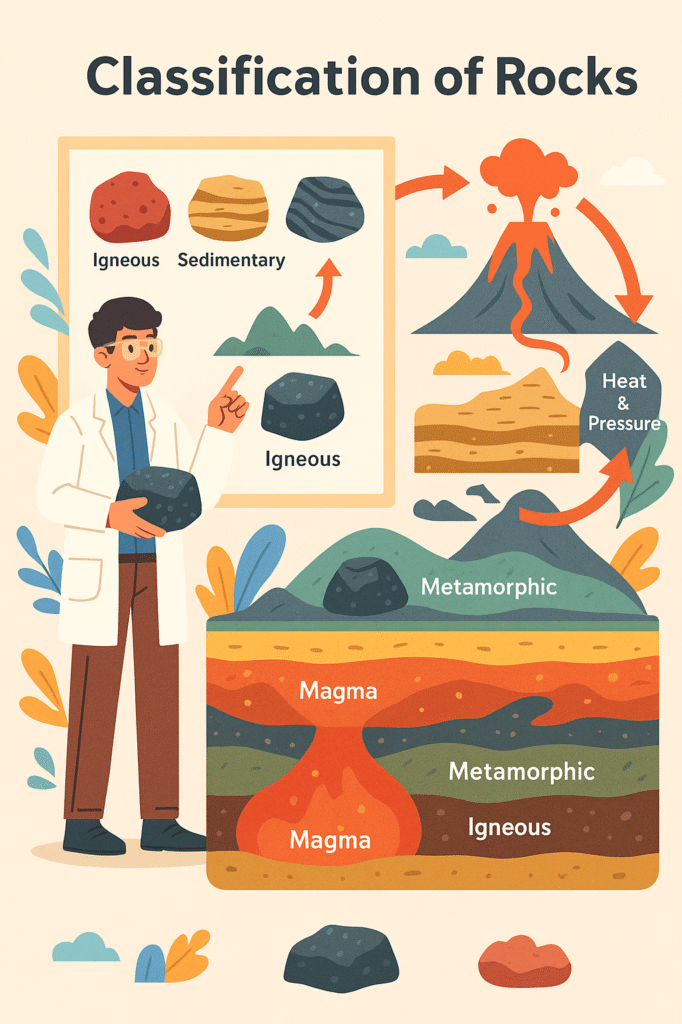Title:
What is Engineering Geology? Importance, Applications & Career | Precision Skills
Description:
Learn the importance of Engineering Geology in Civil Engineering, its applications, and how it impacts construction projects. Join Precision Skills to upgrade your civil engineering career today.
Engineering Geology is a critical subject for every civil engineering student and professional. Whether you’re planning to build a small house, a bridge, a dam, or a skyscraper, understanding the geological conditions of the site is essential for the safety, cost-effectiveness, and longevity of the project.
Let’s dive deep into the importance, applications, and scope of Engineering Geology in the civil engineering field and how you can master these skills with the Precision Skills Community.
🌱 What is Engineering Geology?
Engineering Geology is the science that deals with the study of earth materials such as soil, rocks, and groundwater to ensure that engineering structures are built on stable and safe ground. It focuses on analyzing the physical and mechanical properties of geological formations to prevent failures in construction.
Without understanding the geological conditions, structures may face:
Cracks
Sinking foundations
Collapses
Water seepage issues
That’s why site investigation using Engineering Geology is the first step in most civil projects.
🚧 Why is Engineering Geology Important in Civil Engineering?
Engineering Geology plays a vital role in modern construction. It helps:
Select the appropriate type of foundation.
Identify ground stability and soil load-bearing capacity.
Prevent structural failures.
Reduce risks of natural hazards like landslides, earthquakes, and soil erosion.
Key Benefits:
Enhanced construction safety
Cost savings by avoiding unexpected ground conditions
Better design and material selection
Long-lasting infrastructure
🔍 Key Topics in Engineering Geology
Soil Mechanics: Studying soil properties and behavior under load.
Rock Engineering: Understanding different rock types, stability, and their weathering patterns.
Groundwater Geology: Investigating water tables, aquifers, and drainage conditions.
Geological Mapping: Preparing accurate maps for construction planning.
Natural Hazard Analysis: Identifying potential risks like landslides, floods, and earthquakes.
🏗️ Real-World Applications of Engineering Geology
Metro Rail Projects: Safe tunnel construction through varying rock layers.
Highway and Road Projects: Slope stability analysis and landslide prevention.
Smart City Developments: Soil strength assessment for high-rise buildings.
Hydropower Projects: Selection of safe dam locations with stable geology.
Bridges and Flyovers: Assessing foundation depth and soil behavior.
🎯 Why Join the Precision Skills Community?
If you’re passionate about building a successful career in Civil Engineering, you need practical, industry-ready skills beyond textbooks.
With Precision Skills, You Will Get:
✅ Practical skill-building on real-life civil projects
✅ In-depth training on industry-leading software like AutoCAD, STAAD Pro, and Revit
✅ Case studies from national and international infrastructure projects
✅ Free webinars and hands-on learning sessions
✅ Exclusive access to trending civil engineering technologies like 3D Concrete Printing, BIM, and Smart City Planning
👉 Join Now at www.precision-skills.in to learn from experts and build the civil engineering career you’ve always dreamed of!
🚀 “Want to become a top-performing Civil Engineer? Join the Precision Skill Community today to learn cutting-edge skills and apply them to real-world projects.”
✅ Subscribe to our YouTube Channel
✅ Participate in our Free Live Webinars
✅ Explore Skill-Boosting Courses
💬 Tell us in the comments: Which topic in Civil Engineering do you want to learn next?
#EngineeringGeology #CivilEngineeringProjects #SoilMechanics #GeotechnicalEngineering #GroundwaterImpact #ConstructionSiteSurvey #CivilEngineeringTraining #LearnCivilEngineering #PrecisionSkillsIndia #SmartCityEngineering #CivilEngineeringCareers #BuildingStrongFoundations #EngineeringGeologyInIndia #BIMForCivilEngineering #3DConcreteTechnology
❓ Frequently Asked Questions (FAQ)
1. What is the role of Engineering Geology in Civil Engineering?
Engineering Geology helps civil engineers understand soil, rock, and groundwater conditions to ensure safe, cost-effective, and sustainable construction.
2. Why is soil investigation necessary in construction projects?
Soil investigation helps determine the load-bearing capacity and stability of the ground, preventing foundation failures and structural damage.
3. What are the main topics in Engineering Geology?
The main topics include soil mechanics, rock engineering, geological mapping, groundwater studies, and natural hazard analysis.
4. How does Engineering Geology help in tunneling and dam construction?
It ensures that tunnels pass through safe rock layers and that dams are built on stable geological formations to prevent failures and water seepage.
5. Where can I learn practical Engineering Geology skills?
Join Precision Skills to access practical civil engineering training, software skills, webinars, and real project case studies. Visit: www.precision-skills.in

